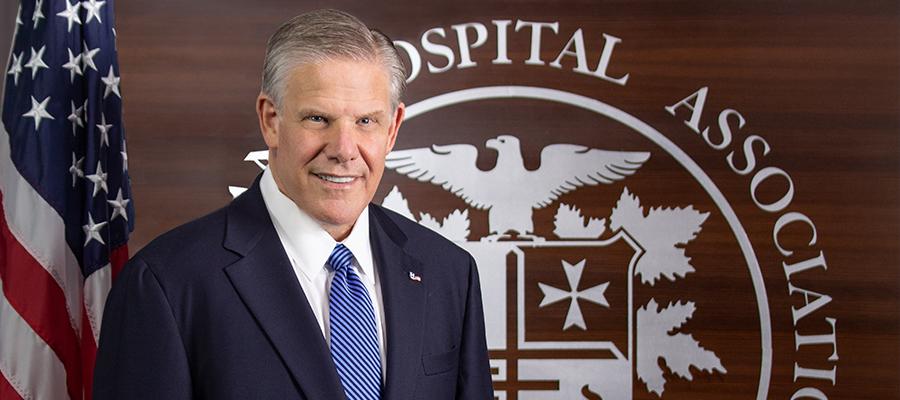Perspective: Latest ACA report card — saving lives and improving health outcomes

Albert Einstein once said: “Politics is more difficult than physics.” This is especially true when it comes to the politics of health care.
Over the past 10 years, we’ve seen this time and again, with the Affordable Care Act serving as a top campaign issue for both sides. Entire elections have hinged on health care, most notably 2010 and 2018, which both saw the House of Representatives flip.
The Washington Post recently examined the evidence of several studies across a number of states, and here’s what they found: “Nearly a decade after it became one of the most polarizing health-care laws in U.S. history, the ACA is making some Americans healthier — and less likely to die.”
Here are the facts: The ACA has increased coverage by nearly 20 million people. It’s helped millions of people with pre-existing conditions access the care they need. And it’s improved health outcomes for countless untold Americans. Yet Repeal and Replace efforts, legal challenges — including the possibility that next year, the law will be before the Supreme Court yet again — and the underfunding of enrollment efforts — among other factors — have hindered its effectiveness.
As a result, Republicans and Democrats are both determined to make drastic changes to the health care system. The right is still holding out hope of repealing the ACA. The left — and many of its presidential contenders — are pushing for Medicare for All or other forms of single-payer coverage that could end private insurance as we know it (though recent polling shows that the proportion of Americans who support a single-payer system has fallen more than 10% since its peak 18 months ago).
Rather than subjecting the nation to yet another polarizing debate on health care, there’s a better way — a pathway to Better Care for America – or BCA, if you will.
A better way would be expanding Medicaid in non-expansion states … and providing a 100% federal match for the first three years. A better way would be increasing subsidies to more lower-income people wanting to purchase private coverage on the exchanges. A better way would be expanding eligibility to individuals and families who earn too much for Medicaid or marketplace subsidies but can’t afford coverage.
A better way would be stabilizing the insurance exchanges by restoring cost-sharing subsidies for low-income consumers … and implementing well-designed reinsurance mechanisms. A better way would be providing adequate funding for efforts to help consumers enroll in health plans. A better way would be reversing the expansion of “skinny” plans that siphon off healthier consumers from the marketplaces, driving up the cost of coverage for those who remain.
America’s hospitals and health systems know — as a practical political matter — that our country must commit to working together to improve the system we have. If we do this, we’ll take another important step toward advancing health in America.

